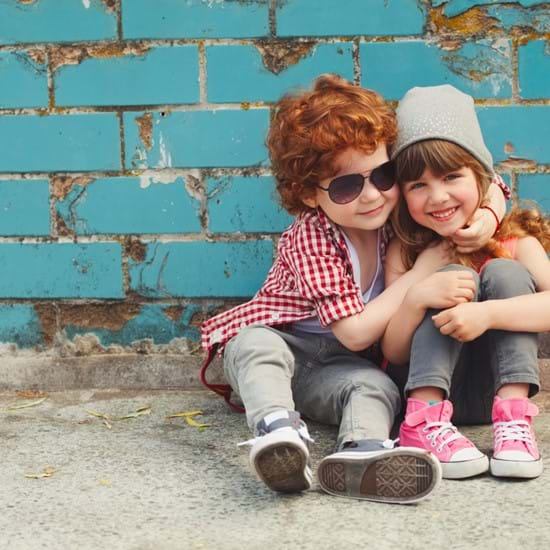
Nature-based Education: Trend or Way of Life?

Written by: Nanny Secours
In recent years, Quebec has seen the advent of its first nature-based kindergarten and school projects. Whether they’re for very young or older children, these projects prove that there is a real enthusiasm for this new approach to education!
Outdoor education approach gaining recognition
Outdoor activities and contact with nature are gaining recognition for all the physical and psychological benefits they bring. However, interest in the great outdoors is not new! Many countries have been taking this back-to-nature approach to education for decades—Quebec has been a latecomer in the last ten years or so.
Well-defined educational principles
The Quebec Association of Early Childhood Centres (AQCPE) enunciates eight principles for implementing nature-based education, including:
- A different vision of time, based more on children’s natural rhythm and on slowness
- An appreciation of free materials and the natural environment, which is a source of endless exploration
- Meaningful collaboration with the community and parents
- Acceptable risk-taking for adequate safety
- The development of curiosity, wonder, and awakening to nature
Education based on the exploration of nature
Educators ensure that children are engaged in their outdoor learning, are supported as they explore, and are free to use their imagination. Nature-based education focuses on children’s strengths and promotes their overall development through unlimited sources of exploration and experimentation. Children are encouraged to take their time, interact, and undertake activities. That way, learning is based on the interests and opportunities of the moment. Children feel supported and gradually develop a sense of competence through lived experience.
Benefits of an outdoor education approach
Current studies of nature-based education find many benefits across all spheres of child development—motor, emotional, social, language, and cognitive. For example, children are more confident and push their limits further. With the experience they acquire, they are able to take more calculated risks. They develop greater creativity and knowledge about the world around them. They learn to navigate change and the unexpected and, naturally enough, to develop autonomy.
Daily play outside for several hours also improves children’s overall health. It is believed that the longer children spend outside, the better their immune systems become.
Where is outdoor education going?
While outdoor schools are not common in Quebec, it is interesting to know that initiatives are gradually being developed in various areas of the province. For example, more and more schools are offering programs or concentrations in outdoor or ecological activities. More and more projects promote outdoor learning and nature-based education.
While the experience requires a certain amount of courage and organization, the approach is gaining traction. Outdoor classes are thought to have a positive impact on students’ academic performance as well as their personal development. In fact, if your local school doesn’t offer students this opportunity, you may want to propose it at the next school board meeting!
Some ways to integrate nature-based education into your family life
Do childcare settings and schools in your neighbourhood not offer a nature education experience, but you would still like to introduce your child to this approach? Here are 11 ideas that may inspire you:
- Watch for activities offered by 4-H clubs in Quebec or by the Scout group in your neighbourhood
- Take advantage of the expertise that certain community organizations have developed in environmental issues and the organization of earth-friendly or outdoor activities
- Plan hikes in new regional or provincial parks
- Create a herbarium or personalized notebook of the trees, plants, and flowers that you love
- Experience gardening and composting as a family
- Spend a night under the stars or stargaze very late at night
- Have fun as a family identifying species of trees, birds, and insects in your yard or a park
- Gather edible wildflowers and prepare a delicious salad
- Take part in a geocaching event (orienteering race)
- Cook on a campfire as a family
- Play in the mud
There are so many possibilities! The real magic is to let your imagination run wild.
Are outdoor education projects expanding?
Clearly, the enthusiasm for nature-based approaches and education is sure to help this outdoor education approach gain in popularity. Special training programs for educators and teachers are gradually being developed. There are more and more places that offer family-friendly exploration.
While Quebec’s climate extremes may cause some to hesitate, the positive experiences that people report are winning converts!
Josée Filion, Specialist Educator and Family Coach
Member of Réseau Nanny secours


